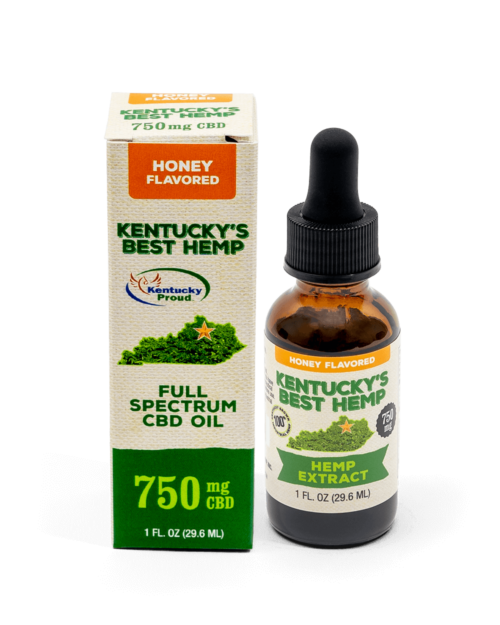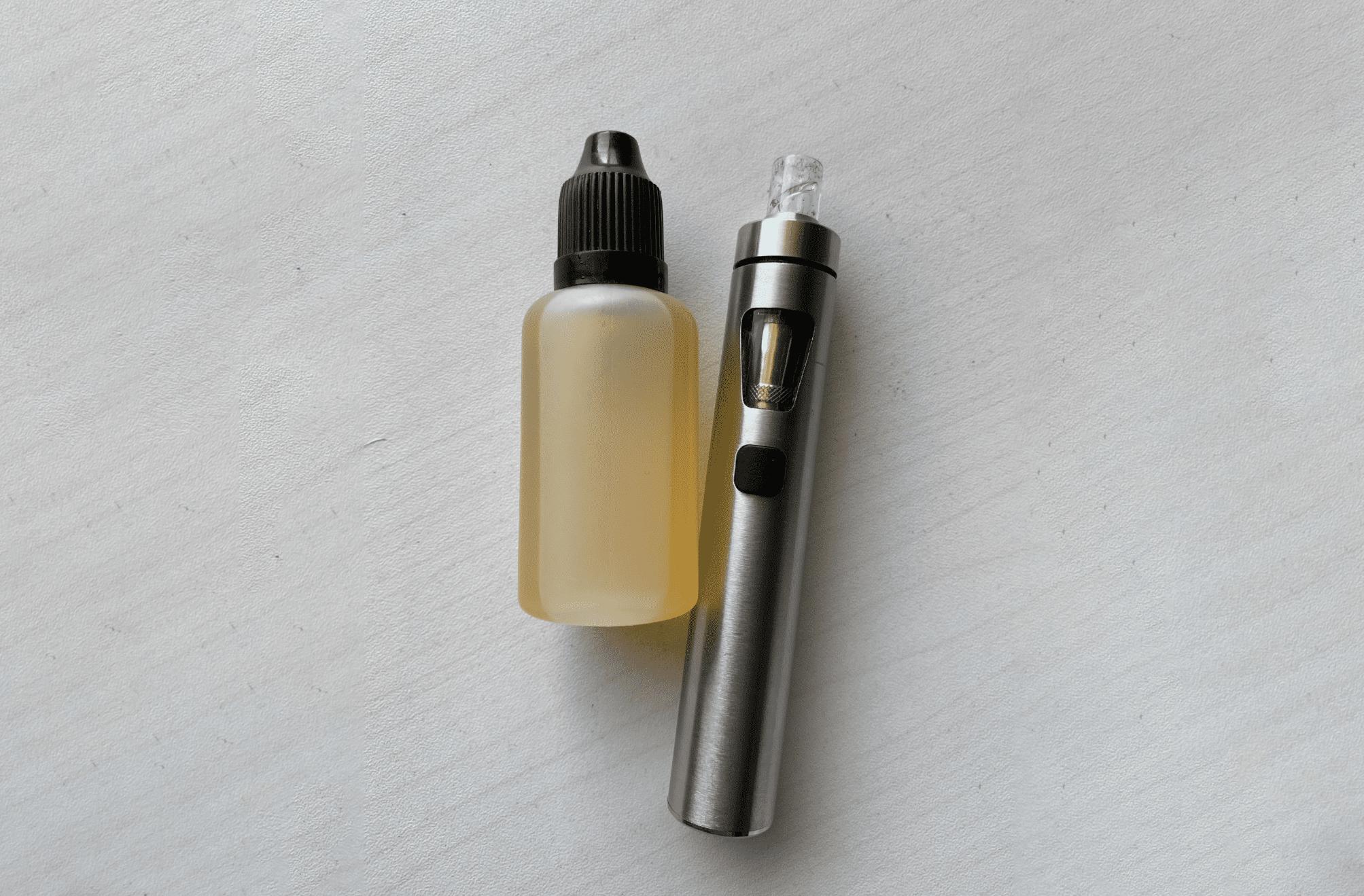
There are many differences in CBD oil and CBD capsules. CBD oil is sublingually absorbed by the body, while CBD pills can be taken orally. The body will react differently to the two. CBD oil uses the body's own sublingual gland to process CBD more quickly.
CBD tinctures can only be taken sublingually
CBD tinctures can be used to obtain the health benefits of CBD without having to smoke or take pills. The tinctures are easily absorbed via the capillaries beneath the tongue. Using a dropper, CBD tinctures are easy to apply to the tongue and can be easily ingested or mixed with food or drink.

To extract the active ingredients of the plant, these tinctures contain alcohol. They can be mixed with food or beverages, and some even come with added vitamins, herbs, and supplements. They can also be made of hemp oil that has a distinct and distinctive hempy taste. CBD tinctures tend to be the most preferred form of CBD. However, CBD oils are also available.
There are many ways CBD oil can be consumed, but the most effective is via sublingual. It has a high potency and rapid absorption, so it can be used to treat a variety of ailments. CBD tinctures are available in sublingual form. They can be used under the skin as either a tablet, spray or liquid. These products are often used for chronic pain and heart conditions.
Easy to use CBD capsules
CBD capsules make it easy to consume CBD. They are also more digestible than CBD oil. They are easy to swallow and have no taste or odor. CBD oil is also available in a variety of flavors. CBD oil and CBD capsules are different in that they can be absorbed more easily. They can be either full-spectrum, broad spectrum or CBD isolate, depending on which type of CBD product they are. The CBD capsules are easy to swallow and come in different strengths.

CBD capsules are easier than CBD oil because they dissolve in the stomach. This allows CBD to reach the bloodstream. After a couple hours, CBD capsules take effect. It is recommended that you take the capsules at least an hour before going to bed. This also ensures that their effects last a long time.
FAQ
What does CBD's price vary in different states?
Prices for CBD products depend on where you are located. In fact, prices can differ by more than ten times!
Prices increase in the north. CBD can be found in Alaska at $35 per kilogram, and Hawaii at $200 per grams.
This trend continues across the country. Prices can range from $5-$2,500 per gram.
Why is this happening?
Price variations are due to the different levels of regulation. Some states require CBD products that contain very little THC, the psychoactive component of cannabis. Other states don’t care about how much THC is in CBD products.
This is why some companies decide to sell products in one country and then send them to another.
Which countries produce the highest quality CBD?
The United States is the largest producer of CBD products.
However, CBD products can also be made in Canada, Australia, New Zealand and Israel.
Is the CBD market saturated?
The CBD industry is experiencing a growth rate of over 25% annually. This growth will continue at least five years. In fact, the industry is projected to grow from $2 billion today to $5 billion by 2020.
The CBD market is currently dominated by two companies - GW Pharmaceuticals and Canndoc Ltd. Both companies focus on developing high-quality pharmaceutical-grade products. Both have not been very successful to date. Both are struggling in the marketplace to gain traction.
Cannabidiol (CBD) is an extract of cannabis that contains less than 0.3% THC. It has no psychoactive effects. It can be used to treat epilepsy or other medical conditions. It is also used frequently as a dietary addition.
There are many kinds of CBD products. Some CBD products are made from whole plant extracts while others contain CBD.
All of these products share one thing: They contain low levels THC.
This makes them legal under US federal law. However, this doesn't mean that you don't need to follow local laws when selling CBD products. It is important to check the regulations in your state for CBD products.
There are also several states that CBD products are prohibited. These include California. Colorado. Florida. Mississippi. Missouri. New York. North Carolina. Ohio. Oklahoma. Oregon. Rhode Island. South Dakota. Texas. Utah. Virginia. Washington.
CBD products shouldn't be used if you live in any of these states.
Statistics
- As a substance that was federally illegal before the passage of the 2018 Farm Bill, hemp-derived cannabinoids with no more than 0.3% THC still face a regulatory grey area. (forbes.com)
- CBD seems unlikely to directly influence sleep in healthy humans [115] (and maybe “sleep-promoting” in those with certain comorbid conditions) (ncbi.nlm.nih.gov)
- HR −16 mmHg; 95% CI −26, −6; I2 = 92%) (ncbi.nlm.nih.gov)
- The use of these products is likely to become even more widespread if the World Health Organization's recommendation that CBD no longer is scheduled in the international drug control conventions is adopted by the United Nations member states [201]. (ncbi.nlm.nih.gov)
- A recent systematic review of human trials also reported that individuals with epilepsy receiving CBD (5–20 mg·kg−1·day−1) were more likely to experience decreased appetite than those receiving placebo (i.e., ~20 vs. 5% of patients) (ncbi.nlm.nih.gov)
External Links
How To
What are the major issues facing the CBD industry in general?
The market for CBD products continues to grow at an amazing rate. There are many hurdles businesses face when trying to enter the CBD market. These include a lack consumer awareness, high-cost entry, limited access capital and regulatory uncertainty.
Many consumers do not know what CBD is or how it works. This means that consumers are unable make informed decisions about purchasing CBD products.
Most CBD companies rely heavily upon word-of mouth marketing. This is expensive because it requires paying for advertising and hiring staff to promote their brand.
High production costs are another problem facing new entrants in the CBD industry. It is very expensive to obtain the raw materials required for CBD products. CBD oil can only be made if hemp is grown in the right climate and soil conditions.
For CBD oil to be produced, you need to plant enough hemp. This costs about $1,000 an acre. Many small farmers are unable or unwilling to invest in this product.
The lack of capital access is another obstacle new entrants to the CBD market face. Banks are often discouraged from helping people start businesses because of the stigma that surrounds the industry.
There is also regulatory uncertainty around the sale of CBD products. There are no guidelines for how CBD products should market.
Although states have passed laws restricting CBD products sales, these policies are not yet national.
Only two states, Nevada and Maine, have yet to legalize recreational marijuana.
Massachusetts and Michigan are however considering similar measures.
These changes could increase competition among CBD manufacturers.
These factors lead to many entrepreneurs choosing to work from their home instead of starting a physical company.